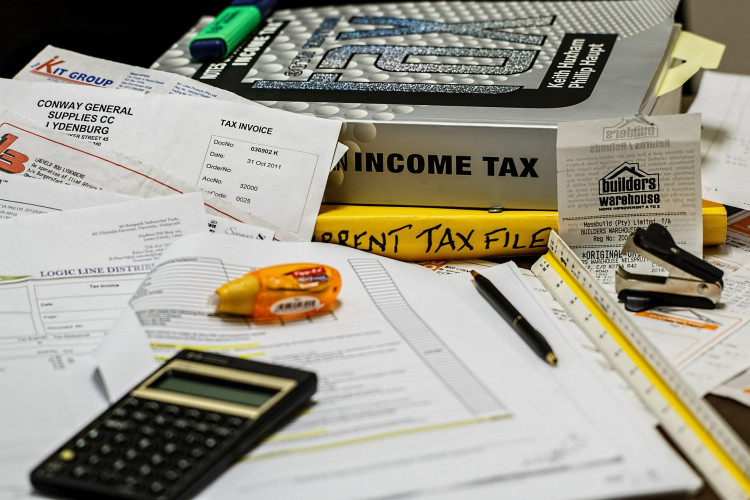Despite a massive backlog of millions of unprocessed tax returns and communication from prior years, the IRS appears to be making significant progress in getting this year's refunds to Americans.
Last week, IRS Commissioner Chuck Rettig provided some much-needed good news to the House Ways and Means Committee and the general public when he announced that the agency has given more than 45 million refunds totaling more than $151 billion through March 11.
If this is the case, it suggests that the IRS isn't the only one to blame for the frequently reported significant delays in receiving refunds. Maybe the taxpayers have something to do with it. Let's delve a little deeper to see what the common issues are.
Incorrect Banking Information
If you've changed banks in the last year, make sure to update your tax return. If you forget to update it with your new direct deposit information, your refund will be returned to the IRS. This will almost certainly result in a paper check being mailed to your home, which may take several weeks longer to arrive.
Inaccurate or Incomplete Return
Making sure the return is signed is one of the easier but more prevalent mistakes that a taxpayer can avoid.
"Sending in an unsigned paper return is like sending in no return at all. At that point, it's not valid," IRS spokesperson Eric Smith recently told AARP. "We have to send it back to you for your signature. Then you have to send it back to us. So, unfortunately, it then becomes part of our paper backlog."
Owing the IRS Money
Those who owe back taxes to the IRS (or other debts to state or federal agencies) should be aware that the agency has the authority to withhold a portion or all of a person's tax refund to settle the debt. If your return is greater than what you owe, the remaining balance will be sent to you via direct deposit or cheque in the mail, but it may be delayed. The IRS should send a CP49 warning to taxpayers whose refunds are utilized to fulfill previous payment obligations.
Paper Returns
The majority of tax experts think that completing a paper return this year is a no-no, as it will just contribute to the backlog of unprocessed returns. The IRS estimates that those who file electronically and choose direct deposit will receive their refund in twenty-one days.
"There are simple steps that people can take that will help them navigate this challenging tax season," IRS Commissioner Chuck Rettig said in a statement. "Filing electronically and using online resources instead of calling are just some of the steps that can help people avoid delays."






